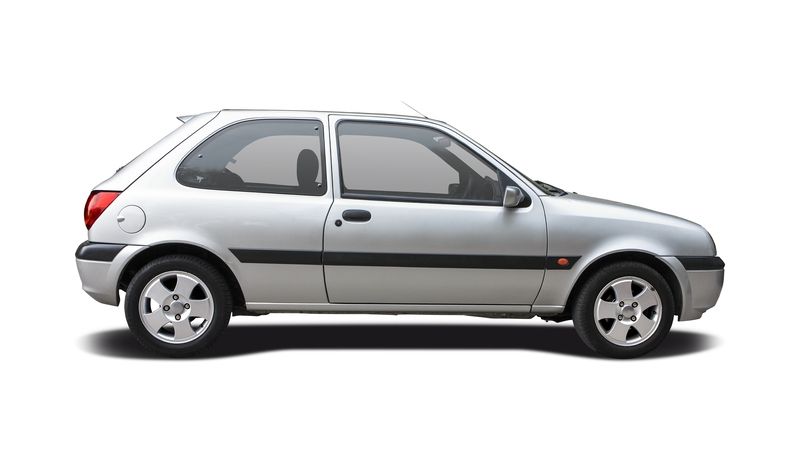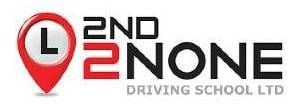First Car Guide

Buy your first car is a big moment, for most of us getting our first set of wheels will be a life changing moment that we wont forget. But what type of car should you buy, what should kind of budget should you expect to spend.
To help you find your first car we have put together a helpful guide to make sure you dont get stuck with a lemon.
Buying from a dealer
- Choose a reputable car dealer who is a member of a recognised trade association like the Retail Motor Industry Federation.
- They should be able to show you a range of cars that might be suitable for your requirements and offer competitive finance terms to help spread the cost.
- Many dealers offer additional safeguards such as a warranty period on used cars as well as new models.
- Service plans and other after market products may also be available for an additional fee which may be worth considering to help safeguards against possible future expenses.
Buying from a private seller
- If buying directly from a private seller, its important to ensure they are the registered keeper. Be especially wary of anyone selling a car who is not.
- Always arrange to see the car in daylight and at the same address of the seller as the one on the cars registration document,
- Ideally, take someone with you who knows what to look out for on both the mechanical and bodywork side. Alternatively, for a small fee, you could get the vehicle professionally assessed by a motoring organisation such as the AA or RAC.
- Before seeing the car, check the market value online. If its being offered too cheaply, there will probably be a reason for it.
- Never buy a car more than 3 years old without an MOT certificate.
- Insist on test driving the vehicle before deciding to buy it as this will identify any immediate problems.
- Ask the seller if they can provide a service history record, and if not, why not.
- Check if the car has previously been involved in a car crash or even writen off by an insurance company. There are private companies that for a small fee, will carryout a vehicle history check on the vehicle your interested in buying.
So what type of car should you buy as a new driver?
Your age and driving inexperience can have a big influence on your car insurance, and depending on your choice of car, your insurance can be very expensive, so you will want to consider a few things when choosing your first car. All cars are organised into car insurance groups from 1 to 50; the higher the group, the more your insurance will cost.
Sporty cars with large engines tend to cost more to insure and will be in the higher group, I know we all would like a nice car but you have to bide your time and earn your no claims to help you reduce the cost of your insurance. Cars with smaller engines, such as a Fiat Panda 1.0 litre, the Vauxhaul Corsa 1.2, or Ford Ka 1.2, are in the lower insurance group categories. The exact group will depend on the exact model and specs of your car. If you have found a car that you like, you can enter the details here and find out what insurance group your car will be in.
What else will affect your car insurance premium?
Insurance companies consider various factors when determining the cost of your premium, extending beyond just the insurance group of your vehicle. Therefore, it is advisable to compare car insurance quotes to identify the most economical option.
They will inquire about your age, driving history, occupation, residential location, where the vehicle is parked, and the intended use of the car—whether for commuting or solely for leisure activities. Additionally, insurers will seek an estimate of your annual mileage.
Features related to security and a no-claims discount are also pertinent, as they can contribute to reducing premium costs. Insurers utilise this information to assess your individual risk profile and provide a quotation for your insurance coverage.
If you have the vehicle registration of the car you are interested in buying, then you can get an idea of the insurance cost by getting a quote here.
